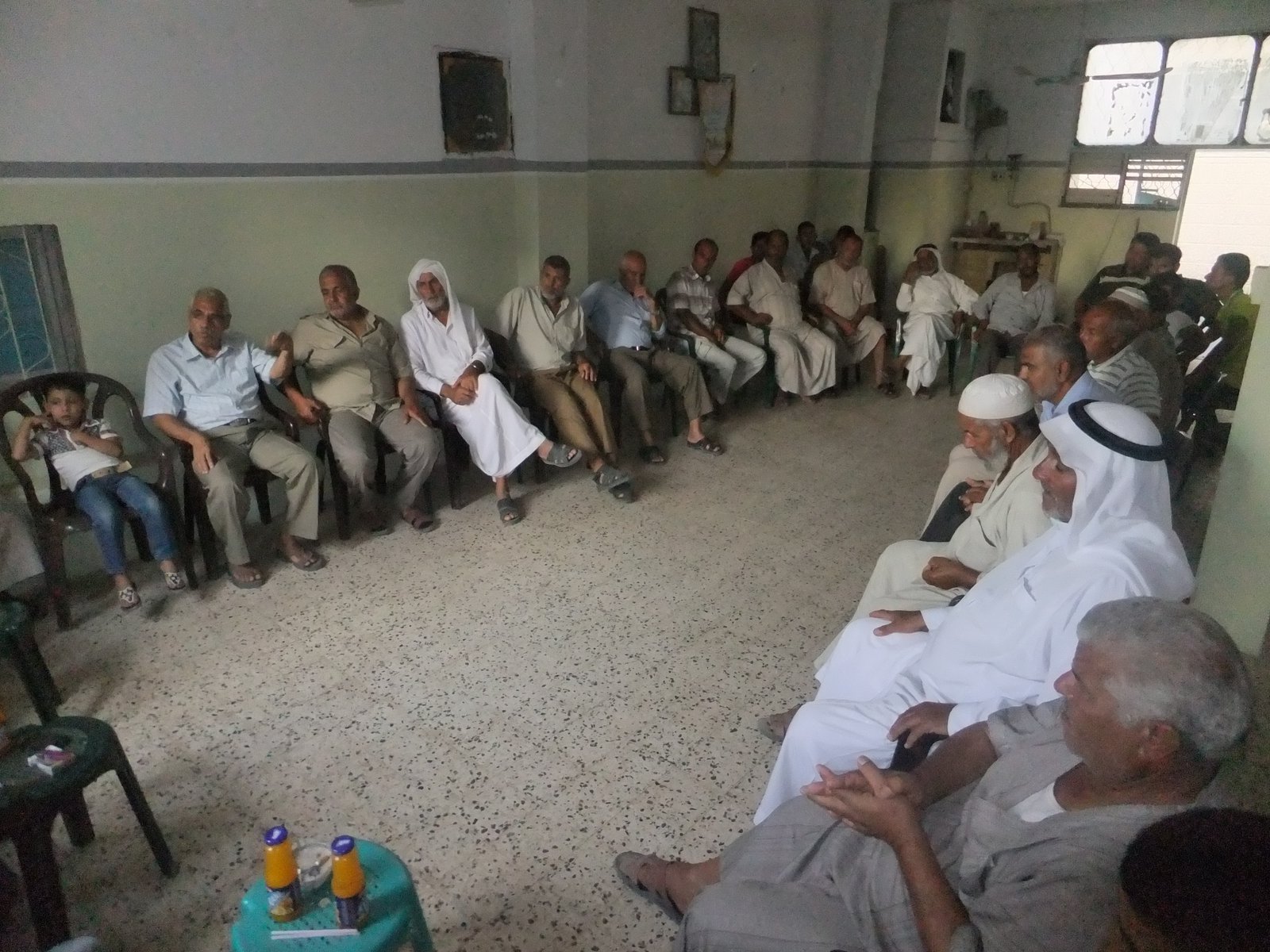Category: Gaza
-
Israel exploits Egypt turmoil to increase attacks on Gaza farmers
18th September 2013 | The Electronic Intifada, Joe Catron | Gaza City, Occupied Palestine Farming in the Gaza Strip’s “buffer zone” is hazardous under the best circumstances. Israeli troops routinely shoot live ammunition at Palestinian farmers in the free-fire area, which stretches hundreds of meters into the besieged territory from the barrier separating it and Israel, and invade their fields…
-
Gaza fishers and farmers: nowhere to go
13th September 2013 | International Solidarity Movement, Kevin Neish | Gaza, Occupied Palestine We had a meeting with some leaders in the Gaza commercial fishing industry, to hear their stories and see if or how we can assist them. Gaza Strip fishers have historically been some of the poorest families here, especially as many are not…
-
Wife of kidnapped Palestinian engineer Dirar Abu Sisi holds Gaza press conference
27th August 2013 | International Solidarity Movement, Gaza Team | Gaza, Occupied Palestine Yesterday Veronika Abu Sisi, the wife of Palestinian electrical engineer Dirar Abu Sisi, spoke with media and supporters in the Gaza Strip to denounce the international kidnapping, summary detention and solitary confinement of her husband. “We won’t give up until Dirar Abu Sisi…



